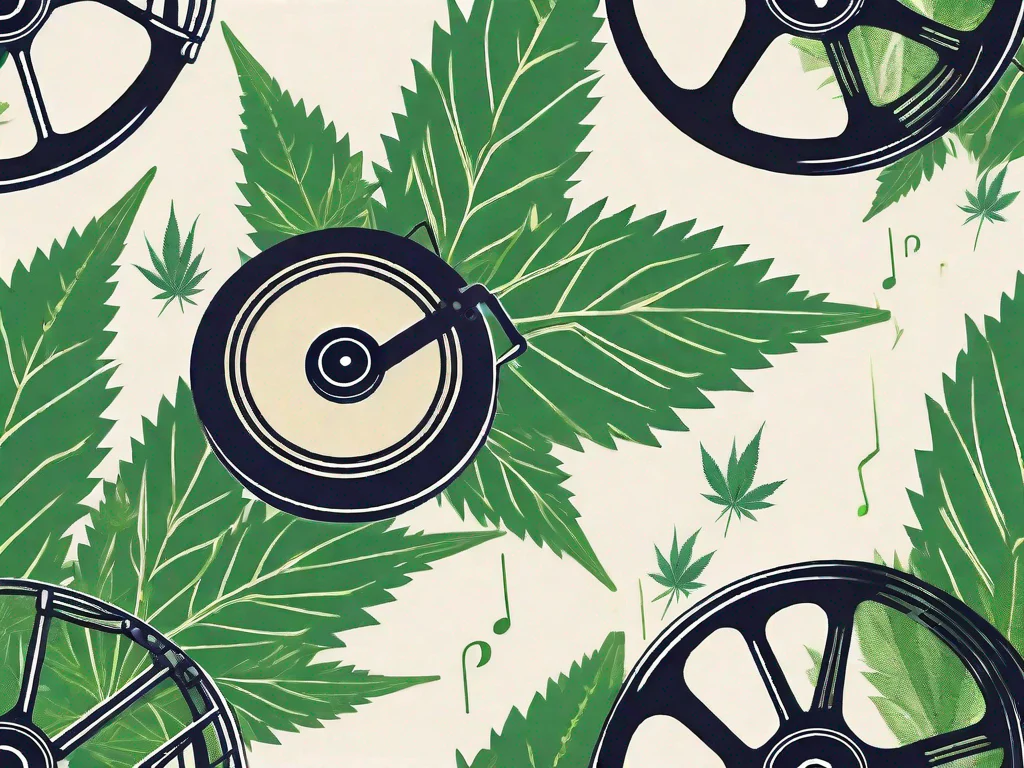High Entertainment: Cannabis’ Role in the Entertainment Industry
The entertainment industry has always been a melting pot of creativity, innovation, and cultural shifts. One such shift that has become increasingly prominent in recent years is the integration of cannabis into various forms of entertainment. From movies and music to stand-up comedy and even culinary shows, cannabis has found its way into the spotlight, reflecting its growing acceptance and legalization in many parts of the world.
The Historical Context of Cannabis in Entertainment
Before diving into the current landscape, it’s important to understand the historical context of cannabis in entertainment. The relationship between cannabis and the entertainment industry is not a new phenomenon. It dates back to the early 20th century, when jazz musicians and artists began to incorporate cannabis into their creative processes. This was often reflected in their work, either through subtle references or more explicit content.
However, the portrayal of cannabis in entertainment has not always been positive. In the mid-20th century, films like “Reefer Madness” depicted cannabis use as a dangerous and immoral activity, reflecting the societal attitudes of the time. It wasn’t until the counterculture movement of the 1960s and 70s that cannabis began to be portrayed in a more positive light, often associated with freedom, creativity, and rebellion against the establishment.
Cannabis in Modern Entertainment
Movies and Television
Fast forward to the present day, and the portrayal of cannabis in movies and television has become much more nuanced and diverse. Stoner comedies like “Pineapple Express” and “The Big Lebowski” have become cult classics, while dramas like “Breaking Bad” have explored the darker side of drug use and the illegal drug trade.
Television has also seen a surge in cannabis-related content. Shows like “Weeds” and “Disjointed” focus on the cannabis industry, while cooking shows like “Bong Appétit” combine cannabis and cuisine in a unique and entertaining way. Even reality TV has jumped on the bandwagon, with shows like “Growing Belushi” documenting the real-life experiences of people in the cannabis industry.
Music
The music industry has also been heavily influenced by cannabis. From the reggae music of Bob Marley to the hip-hop of Snoop Dogg, cannabis has been a recurring theme in many genres of music. It’s often associated with creativity and relaxation, and many artists openly discuss their use of cannabis as part of their creative process.
Music festivals, too, have become a popular venue for cannabis use and promotion. Events like the Cannabis Cup and the High Times Music Festival not only feature live music, but also cannabis competitions, educational seminars, and product showcases.
The Impact of Legalization
The recent wave of cannabis legalization has had a significant impact on its portrayal in entertainment. As more and more states and countries legalize cannabis for medical and recreational use, the stigma surrounding cannabis is gradually diminishing. This has opened the door for more open and honest discussions about cannabis in entertainment, as well as more accurate and responsible portrayals of cannabis use.
Legalization has also led to a boom in cannabis-related businesses, many of which have ties to the entertainment industry. Celebrities like Seth Rogen, Willie Nelson, and Whoopi Goldberg have launched their own cannabis brands, while others have invested in cannabis companies or become advocates for cannabis legalization and reform.
Conclusion
The relationship between cannabis and the entertainment industry is complex and ever-evolving. As societal attitudes towards cannabis continue to shift, so too will its portrayal in entertainment. What is clear, however, is that cannabis has become an integral part of the entertainment landscape, reflecting its growing acceptance and prevalence in society at large.
Whether it’s through music, movies, television, or live events, cannabis is more than just a trend in entertainment – it’s a cultural shift that is here to stay. As we move forward, it will be interesting to see how this relationship continues to develop and what new forms of cannabis-infused entertainment will emerge.

